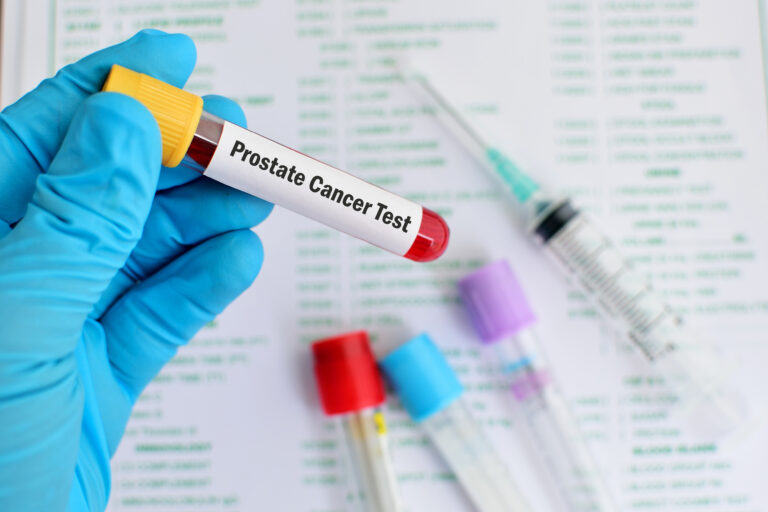Depression is a complex and pervasive mental health condition that affects millions globally. Whether you’re seeking to expand your knowledge through Mental Health Training or are directly impacted by depression, understanding its nuances is essential. This guide provides a beginner-friendly yet in-depth exploration of depression, its symptoms, causes, and coping strategies.
What is Depression?
Depression is more than just feeling sad or experiencing temporary lows. It is a clinical condition characterized by persistent feelings of sadness, loss of interest, and various physical and emotional challenges. Individuals with depression may struggle with daily activities, relationships, and professional responsibilities.
Key Symptoms of Depression
- Emotional Symptoms:
- Persistent sadness, hopelessness, or feelings of emptiness.
- Irritability or frustration over minor issues.
- Difficulty concentrating or making decisions.
- Physical Symptoms:
- Fatigue and low energy.
- Changes in sleep patterns (insomnia or oversleeping).
- Appetite changes leading to weight loss or gain.
- Unexplained aches and pains.
- Behavioral Changes:
- Withdrawal from social activities.
- Decline in work or school performance.
- Risky or self-destructive behavior.
Recognizing these symptoms early can be a critical step toward seeking appropriate care.
Common Causes of Depression
The causes of depression are multifaceted and vary from one person to another. Here are some common factors:
Biological Factors
- Brain Chemistry: Imbalances in neurotransmitters like serotonin, dopamine, and norepinephrine can influence mood regulation.
- Hormonal Changes: Hormonal shifts during puberty, pregnancy, or menopause can trigger depressive episodes.
- Genetic Predisposition: A family history of depression increases susceptibility.
Psychological Factors
- Trauma and Abuse: Experiencing emotional, physical, or sexual abuse can leave long-term psychological scars.
- Low Self-Esteem: Persistent feelings of worthlessness or inadequacy contribute to mental health struggles.
- Chronic Stress: Ongoing stressors, whether financial, personal, or professional, can wear down resilience over time.
Environmental Factors
- Isolation: A lack of strong social support can exacerbate feelings of loneliness.
- Major Life Events: Events like job loss, divorce, or the death of a loved one can trigger depressive episodes.
- Substance Abuse: Alcohol and drug use can worsen symptoms and hinder recovery.
The Importance of Seeking Help
Depression is treatable, but many individuals hesitate to seek help due to stigma or lack of awareness. Reaching out to mental health professionals, whether therapists, counselors, or psychiatrists, is a crucial first step.
Types of Treatment
- Psychotherapy: Cognitive-behavioral therapy (CBT), interpersonal therapy (IPT), and other modalities help individuals explore and address the root causes of their depression.
- Medications: Antidepressants like SSRIs or SNRIs balance neurotransmitter levels.
- Lifestyle Adjustments: Incorporating regular exercise, a balanced diet, and mindfulness practices can enhance treatment outcomes.
- Support Groups: Sharing experiences with others facing similar challenges fosters understanding and encouragement.
Coping Strategies for Managing Depression
For those experiencing depression, adopting coping mechanisms can significantly improve well-being alongside professional treatment.
1. Build a Support Network
Having trusted friends or family members to confide in can provide emotional relief. Joining local or online support groups focused on mental health is another excellent option.
2. Engage in Physical Activity
Exercise releases endorphins, the body’s natural mood elevators. Activities like walking, swimming, or yoga can have profound effects on reducing symptoms.
3. Develop Healthy Sleep Habits
- Create a consistent sleep schedule.
- Avoid screens and caffeine before bedtime.
- Practice relaxation techniques to improve sleep quality.
4. Practice Mindfulness and Meditation
Mindfulness involves focusing on the present moment, helping reduce negative thought patterns. Guided meditations or apps can be valuable tools for beginners.
5. Set Realistic Goals
Breaking tasks into manageable steps and celebrating small achievements can build momentum and confidence.
Breaking the Stigma Around Depression
Stigma remains a significant barrier to addressing mental health conditions. Society often misunderstands depression, viewing it as a sign of weakness or a personal failing. By fostering open conversations and educating others, we can create a more empathetic and supportive environment.
How to Promote Awareness
- Share personal stories to normalize the conversation.
- Support campaigns that advocate for mental health awareness.
- Encourage workplaces and schools to offer mental health training programs.
When to Seek Immediate Help
While mild depression can often be managed with lifestyle changes and therapy, severe symptoms warrant urgent attention. Signs to watch for include:
- Thoughts of self-harm or suicide.
- Inability to perform daily tasks.
- Worsening symptoms despite treatment efforts.
Crisis hotlines, mental health emergency services, and trusted individuals can provide the necessary support during critical times.
Conclusion
Understanding and addressing depression requires a combination of awareness, empathy, and proactive measures. Whether through professional treatment, support networks, or personal resilience, recovery is possible. At Emcare, we are committed to empowering individuals and communities with the knowledge and resources to navigate mental health challenges effectively.
For more information about technology visit busines point




